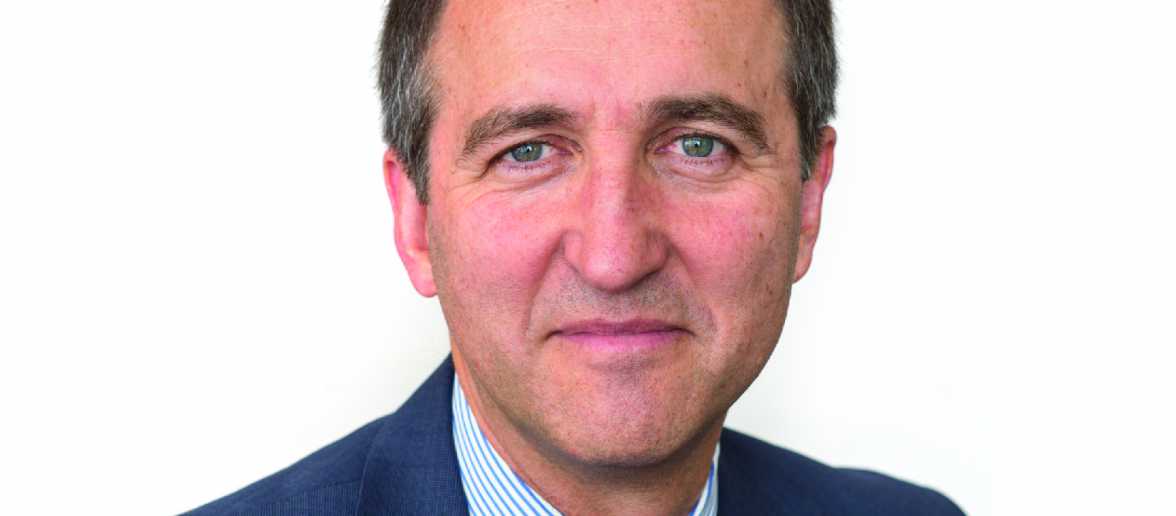
6 Questions for Glen Hodgson: on doing research, pricing carbon and giving the business sector the clarity it needs
“If you put two economists in a room, you get two opinions, unless one of them is Lord Keynes, in which case you get three.” So said Winston Churchill. So what happens when you put 12 leading economists in a room and ask them to focus on one of the biggest challenges of our time: growing economic and environmental prosperity in Canada? You get Canada’s Ecofiscal Commission. This Commissioner blog series gives you a glimpse into the diverse personalities and perspectives behind our work — and what it takes to wrestle through the big issues together.
- What prompted you to join the Ecofiscal Commission?
I was really taken by the idea of using research to examine how we can have both strong economic growth and wealth creation, but also strong environmental performance. You can’t sustain an artificially high growth rate, for example, if you’re destroying your environmental base. There are environmental consequences, intended or not, from a lot of things that we do, and it’s important to factor that into decision making.
- One of the challenges when you’re looking at a country the size of Canada is the differences between its regional economies. How is the Commission going to take those differences into consideration?
I think we’re going to get as close to the ground as possible as we do our research. Canada is an interesting collective of some very distinct regions with huge differences in the underlying the economy, how people consume, produce and behave. All that has to be taken into account, but with a common thread running through it — we want to build a stronger national economy at the same time.
- What are some of the key issues that you are looking forward to tackling?
Well, I think we’d be kidding ourselves if we didn’t take on things like putting a price on carbon and dealing with greenhouse gases — that’s the single biggest threat to the planet right now. And I say that as somebody who looks at the global economy every day. Climate change is a reality. It’s becoming an economic reality as well. So I think that has to be a central piece of the research agenda.
I love the idea, for example, of examining carbon pricing. That could allow us to actually reduce pricing (or taxes) on things that create wealth, like investment and savings.
- When we are talking about things like carbon pricing and other ecofiscal policies, how would that affect Canada’s business community?
In my experience, business is looking for clarity on the operating rules going forward. It’s really tough to plan if you don’t know what is going to happen tomorrow in an area like carbon or GHG pricing. If we can provide a degree of certainty or stability, that leads to better business decision making and that’ll translate into stronger investment and GDP growth.
- What’s the attraction of ecofiscal policies rather than regulations?
When I was a grad student in the late 70s and early 80s, almost all the economic research said that the price system ultimately ends up in better resource allocation. Quite often, you don’t really have a clear line of sight when you are regulating — the consequences are only felt down the road. The evidence that I’ve seen over my career is that the price signals provide much clearer guidance than a rules-based decision-making model.
- What kind of reactions have you heard about the launch of the Commission?
I had a long discussion yesterday with a former mayor of a major city who was really excited at the prospect of Ecofiscal examining things at the city level. I’ve talked to people in industry, and they’re looking forward to what people with a long track record of doing serious research are going to produce. So there’s a positive buzz right now.
About the Author
Glen Hodgson is Senior Vice President & Chief Economist at the Conference Board of Canada, as well as a Commissioner of Canada’s Ecofiscal Commission.




1 comment
I’ve been greatly encouraged by the arrival of the EcoFiscal Commission on the Canadian scene. Ever since Stephen Harper defeated Stephane Dion and his proposed Green Shift, carbon taxes have been unfairly dismissed out of hand in Canadian federal political discussions while there has been a growing chorus of support in industry, in Canadian civil society, and in the broader international community.
Since last spring, I’ve been hosting a quarterly luncheon meeting on carbon pricing in downtown Calgary. I pay for lunch, and a bunch of smart people show up. And why should folks from pipelines, oilsands, and big electrical utilities, as well as some semi-retired bureaucrats with many years of experience on the climate change file, bother to come out to meet with a balding activist whose only letters behind his name are ADD? Because they are dissatisfied with the status quo, because they want to see genuine and effective action on climate change, and because they’re eager to share news and ideas with each other.
I’m sure the EcoFiscal Commission is sparking off and invigorating discussions like this across the country.
Comments are closed.